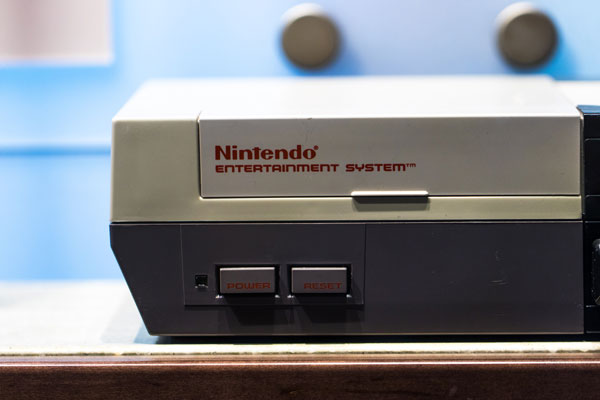
“To improve is to change; to be perfect is to change often”
Oh, how we love a good Winston quote. Okay, so we totally plagiarised this one for the title of our blog post, but the guy knew his stuff and in all honesty we can’t put it any better ourselves.
The adversity of recent months has forced businesses, large and small, global and local, to adapt their internal resources to this new, constantly evolving landscape. It’s a classic supply versus demand scenario: When luxury car manufacturer Jaguar Land Rover’s production line came to a standstill, its Warwickshire site started making up to 1,300 NHS-approved protective visors per day, utilising its 3D printing technology.
Burberry’s Yorkshire factory has been repurposed to manufacture non-surgical gowns and masks for patients in British hospitals, and in Harrogate, beverage companies Whittaker’s & Rooster’s joined forces to help protect local NHS staff and patients. Rooster’s delivered 2,000 litres of surplus beer to Whittaker’s distillery, who then used it to product much-needed alcohol-based hand sanitiser.
But brand pivoting isn’t a new nor temporary concept. Some of our fondest household names have changed dramatically since their conception. Some underwent a re-brand: Did you know that Google’s original search engine was called Backrub? And before Freddie joined Queen, the band was named Smile after a college project of original singer, Tim Staffell. Then, as he did, Freddie came in and changed everything.
Other’s opt to take their companies totally off-piste, changing their entire product offer. Nintendo, which can be traced way back to 1889, dabbled in everything from playing cards to vacuum cleaners, instant rice and even a short-stay hotel chain. Only in 1966 did Nintendo begin producing electronic games, gaining in popularity over the following 30 years to become the technological innovator we know today.
In social media, the most legendary pivot is the transformation of Odeo into Twitter. Originally a podcast subscription network, the founders feared the company’s demise when iTunes began taking over the podcast niche. The company gave employees two weeks to come up with new ideas, and decided to run with the idea of a micro-blogging status-update platform.
So, how do you plan to pivot? This is a tough one, and in short, you can’t plan. Brand evolution is about following a path that is inevitably difficult to predict. The greatest entrepreneurs do not resist the evolution; they embrace the fact that their business plan will change and improve with time. Pivoting is about listening and learning: Brands must be prepared to let go of their early vision, their ego, and let the consumers light the way.
What we’ve witnessed so far in 2020 is that challenge can bring out the best in businesses. Some may discover a more efficient way of working, some may seize the opportunity to reposition, and others find a niche that they would have never otherwise known was out there. We have learned that rules are only helpful if they apply to the current landscape. Take away the foundations or the fences, and you have a very different field of view. But if you understand the bare-bone resources available and are open to change, a whole new opportunity to grow may come to light. So the best thing you can do is be prepared to re-write the rulebook.

